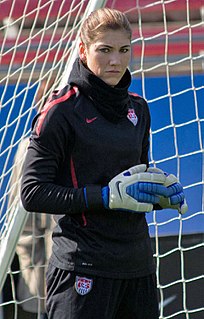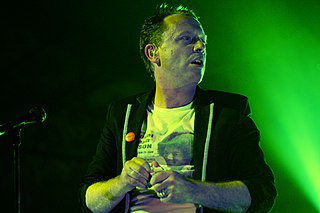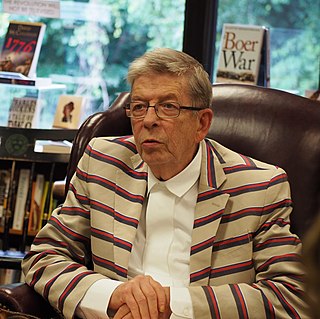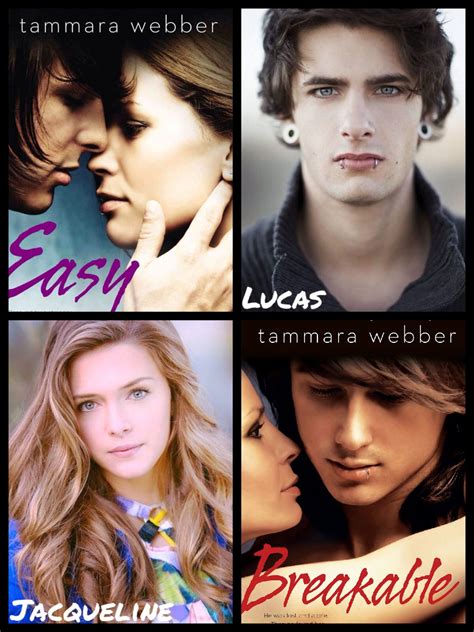A Quote by Laura Lippman
In my newspaper days, your endings could be literally sliced off in the composing room, so it was dangerous to get attached to them. Yet I think this has made me work harder on endings in fiction.
Related Quotes
I hate endings. Just detest them. Beginnings are definitely the most exciting, middles are perplexing and endings are a disaster. … The temptation towards resolution, towards wrapping up the package, seems to me a terrible trap. Why not be more honest with the moment? The most authentic endings are the ones which are already revolving towards another beginning. That’s genius.
Catherine Land liked the beginnings of things. The pure white possibility of the empty room, the first kiss, the first swipe at larceny. And endings, she liked endings, too. The drama of the smashing glass, the dead bird, the tearful goodbye, the last awful word which could never be unsaid or unremembered.
It was the middles that gave her pause. This, for all its forward momentum, this was a middle. The beginnings were sweet, the endings usually bitter, but the middles were only the tightrope you walked between the one and the other. No more than that.
































